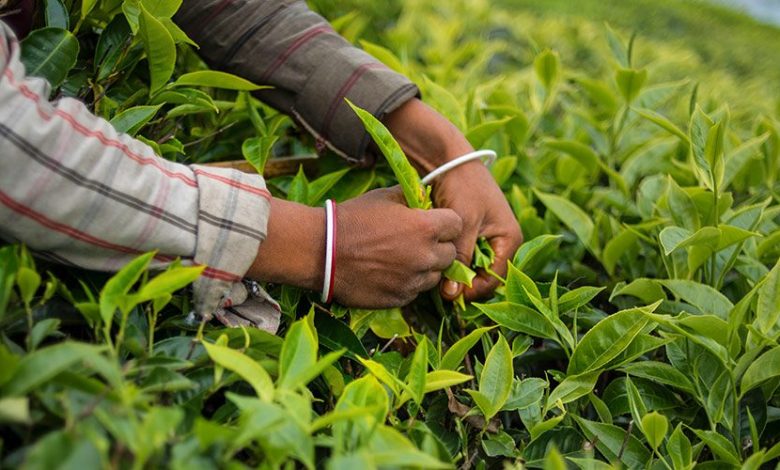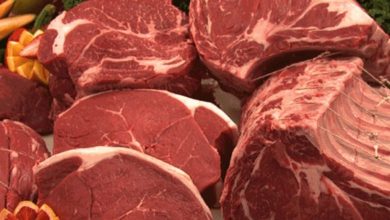Digital auction pushes tea sector to new heights

DAR ES SALAAM: A quiet transformation is underway in Tanzania’s tea industry. For decades, the sector has been defined by fluctuating prices and traditional marketing systems that often-left farmers uncertain about returns.
But in just two years since the launch of the Digital Online Tea Auction (DOTA), the picture is beginning to change. At the 42nd auction, a kilogramme of dry tea fetched a record 1.55 US dollars (about 4,000/-) the highest price since the digital system began in 2023.
The milestone reflects how technology, policy alignment and market reform are converging to reshape one of Tanzania’s oldest export sectors. Tea Board of Tanzania (TBT) Director General Beatrice Banzi said the performance demonstrates the sector’s growing efficiency and international competitiveness.
“The record price achieved at the 42nd auction is a clear indication of the strides we have made in improving both the quality and value of Tanzanian tea,” she said.
She said the digital auction system has provided farmers and processors with a direct link to market prices, reducing delays and dependence on middlemen.
“The system has created greater transparency, faster transactions and stronger competition, which ensures that farmers receive fair prices for their products,” she said.
Before DOTA’s introduction, most tea transactions relied on physical auctions, often conducted in regional centres with long settlement cycles and high transaction costs.
The digital system now allows real-time trading and instant access to global buyers an innovation that industry players say is reshaping market behaviour. Acting Director of Regulatory Services at TBT, Mbushunoti Miindoi, said the steady rise in prices demonstrates how technology can unlock value.
“Since the digital platform was launched, we have seen prices move from around 0.64 US dollar per kilogramme to 1.55 US dollar,” he said.
ALSO READ: Life insurance sector sustains steady growth
“This reflects both stronger demand and a more transparent trading environment.” TBT data show the progression clearly: Prices rose from 0.64 US dollar in the 29th auction to 0.69 US dollar in the 30th and reached 0.92 US dollar by the 34th auction, before peaking at 1.55 US dollar at the 42nd.
The trend suggests not only improved quality but also increasing buyer confidence in Tanzania’s grading and traceability systems. Miindoi said the momentum is supported by rising global demand for premium tea, especially from markets that value sustainably produced and traceable commodities.
“We have also seen a more competitive market emerge, with more participants in the auctions driving up prices and providing better opportunities for farmers,” he said.
Behind the shift is a deliberate government effort to link farmers with digital infrastructure and technical support. The Ministry of Agriculture, working with the Tea Board and processors, has invested in training programmes focused on quality improvement, efficient factory operations and export standards.
The collaboration is also encouraging more private investment in processing and packaging facilities, aimed at capturing value within the country rather than exporting raw tea alone.
Analysts say that as more producers embrace digital tools, the industry could generate higher export earnings and create better linkages with other sectors such as transport and logistics. Ms Banzi said the government intends to build on the current momentum.
“We are not resting on our laurels. The success of the digital auction has shown that with the right tools and systems, we can elevate Tanzania’s tea sector to new levels,” she said.
“We will continue investing in digital infrastructure, improving production standards and ensuring that our farmers benefit directly from the global market.” Beyond the immediate price gains, the shift to digital trading is seen as a model for other agricultural sectors. Coffee, cashew and cotton are among commodities that could benefit from similar systems to boost price discovery and market transparency.
“The digital auction has transformed the way we do business,” Banzi said. “It has introduced a new level of transparency and efficiency, helping farmers secure the prices they deserve and positioning Tanzania as a reliable source of quality tea.”
As the industry continues to mature, the tea sector’s digital success underscores a broader truth about Tanzania’s agricultural transformation: That technology, when combined with good policy and cooperation, can turn a traditional export crop into a modern growth engine.





